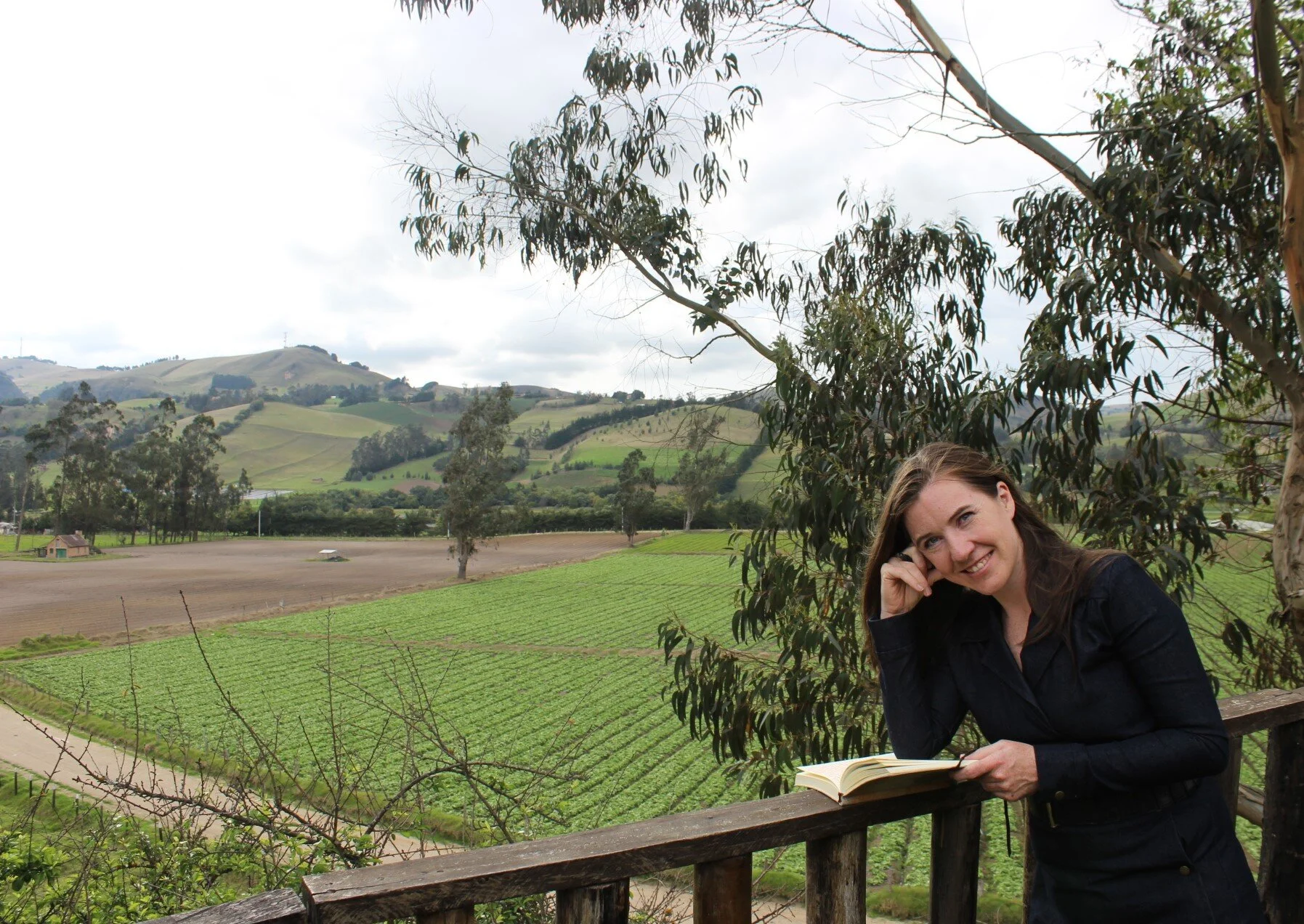3 Steps to Clear the Fear of Showing Your Work to Other People
/Are you excited to publish a book, but scared to show your work to anyone else? It's kind of a Catch 22. But a lot of people share this fear!
OK. Let’s talk about it . . .
Shoving a bunch of writers into a room is kind of like filling a bucket with shucked oysters. There are all these fleshy squirming egos trying to get comfortable and everybody feels like they’re missing their protective shell. With good reason. Writing is passionate and great passion spurs great vulnerability. However, if one person can settle in and be authentic, the whole experience becomes better for everybody.
Over the years I’ve come to love a good writer’s workshop. When someone is genuinely helpful, pointing out the missteps in your manuscript, it can save you years of trying to figure it out for yourself. I’m also highly strategic. After all, writing a story is not a democratic endeavor. You don’t have to incorporate everyone’s suggestions, nor should you allow anyone to tear you down past repair.
You want to make sure you maintain your vision of the project so that when you plunge your hand into that bucket of oyster goo, you come out with fist full of pearls (and only pearls). The process gets easier with practice, and showing your work early will make it much easier when it comes time to submit and publish.
Therefore, I’m going to be direct about the steps I take to make the most of any workshop, so your story comes out stronger, not destroyed.
1. Go All In
Make sure whatever you share is as good as it can be. This puts you in a more vulnerable position because there’s nowhere to hide, but you don’t want to waste your workshop depriving yourself of the best you have to offer. If you aren’t playing at the top of your game, people will just share things you’re already aware of and receive the feedback you need to grow.
On the other hand, if you recognize certain shortcomings, but you’ve racked your brain and can’t figure out how to fix them, that’s the perfect moment for a fresh pair of eyes. Loosen your grip. Listen to others. Shake things up.
2. Don’t Compare Yourself
This is hard advice to follow in an age when we’re all bombarded by social media. If you want to be a happy person, you’ve got to run your own race, especially with your writing.
People can be unnecessarily competitive in a workshop situation, and act as if this is a zero-sum game, as if one person’s success means the other person’s chances are diminished. Obviously, the opposite is true. We build on each other’s success. If I figure out how to write a good story, I will be far more helpful to you. If you win an award and make some connections, you will be far more helpful to me.
Yet the most important reason not to fall into the comparison trap is that no two people are writing the same story. Stories may be similar in genre or content, but no two stories are the same. In literature (as in business and biology and spirituality and snowflakes) there is plenty of variety, even within perceived similarity.
At the end of the day, differentiation is a process. The better each of us get at our writing practice the more unique our stories become, at which point comparison becomes irrelevant. Therefore, it’s in everyone’s best interest to get better. If even one person brings this attitude of mutual wins to the table, everyone will let out a sigh of relief. I’ve experienced this many times.
Stick It in the Fridge
I have a friend who literally puts his manuscript in the freezer for a week or so after a workshop. Personally, I think this is a fabulous idea and it’s essential to remember before you walk in. Even if something you hear in a workshop is temporarily discouraging, don’t worry about it too much. No matter what happens, the first thing you’re going to do when you get out is put your story in the fridge. Cool it down. Let time work its magic.
Even carefully communicated criticism can sting. Being objective enough to take criticism comes with time. But until that initial sting fades, it’s nearly impossible to get back to work.
Scary as it may seem walking into a workshop, it’s a required course in a writer’s life. You’ve got to find a way to get out of your head and into the world if you ever want to do anything great. Greatness is never hoarded; the greatness of a story is in its resonance with other people. Jump into the fire.

